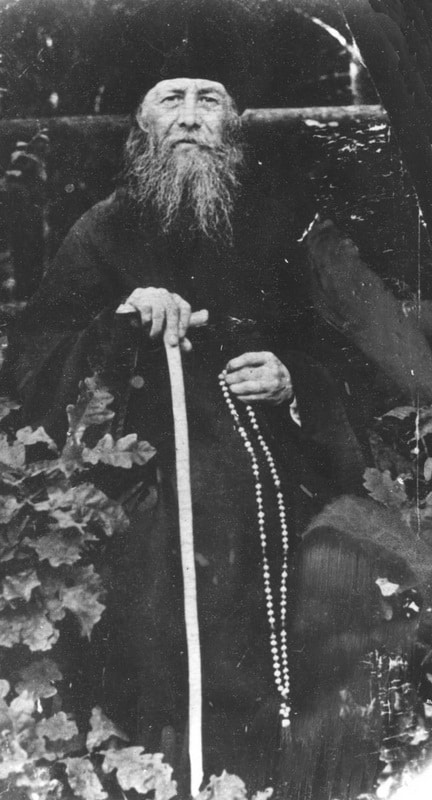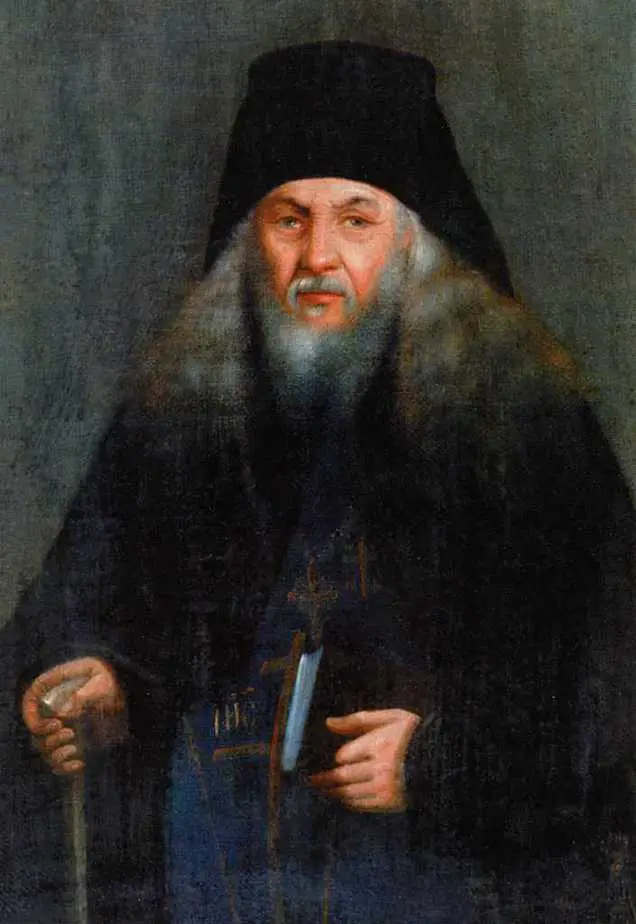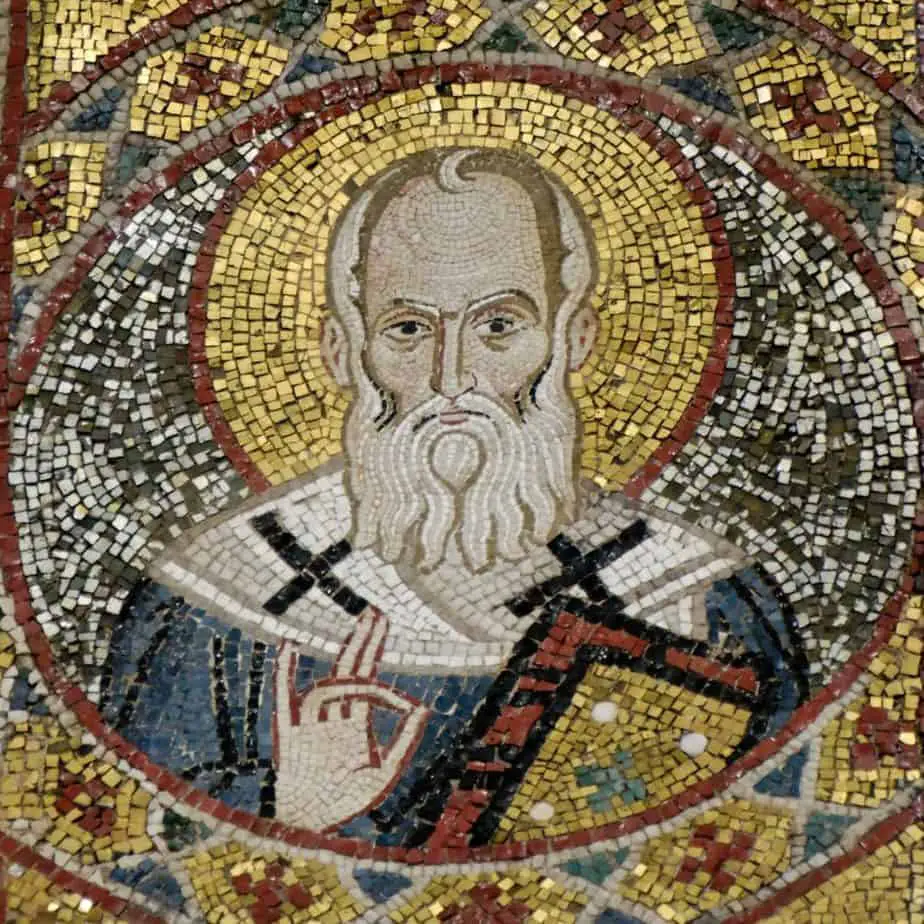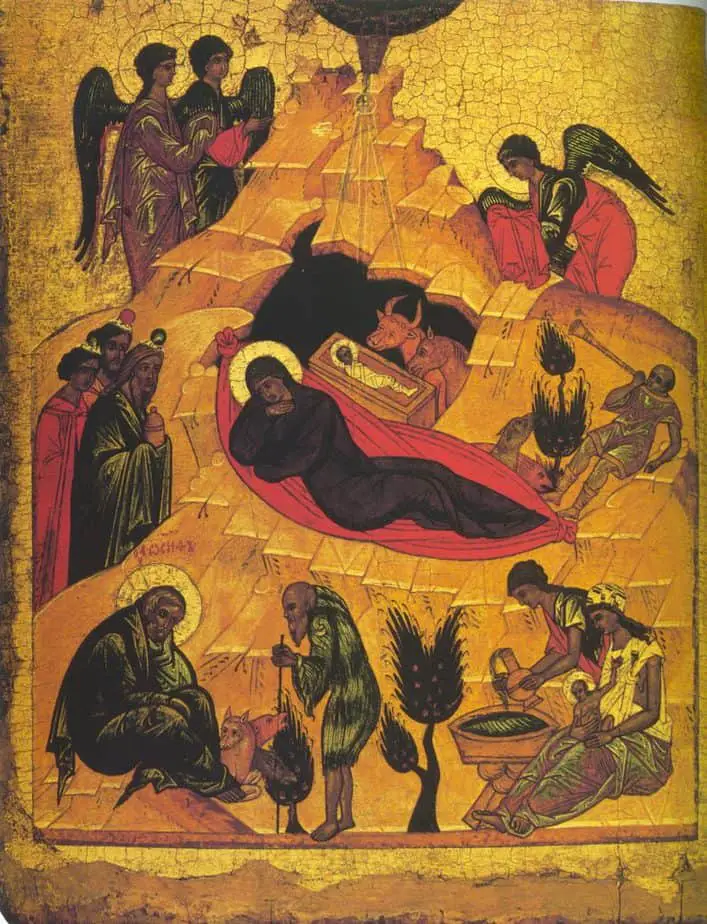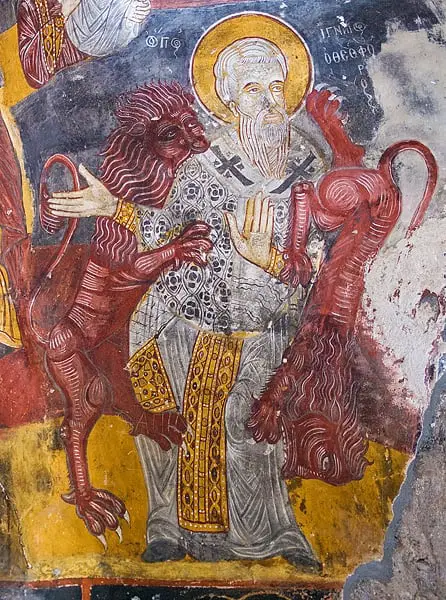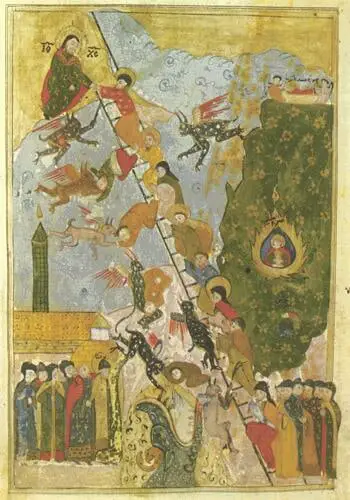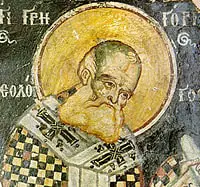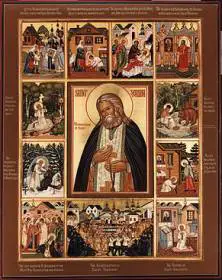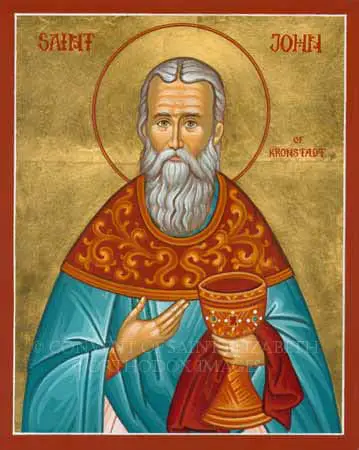Elder Thaddeus on Love, Hate, and Kindness

It seems that we do not understand one thing: it is not good when we return the love of those who love us, yet hate those who hate us. We are not on the right path if we do this. We are the sons of light and love, the sons of God, his children. As such we must have His qualities and His attributes of love, peace, and kindness towards all.
+ Elder Thaddeus of Vitovnica, Our Thoughts Determine Our Lives
Elder Thaddeus on Love, Hate, and Kindness Read More »

